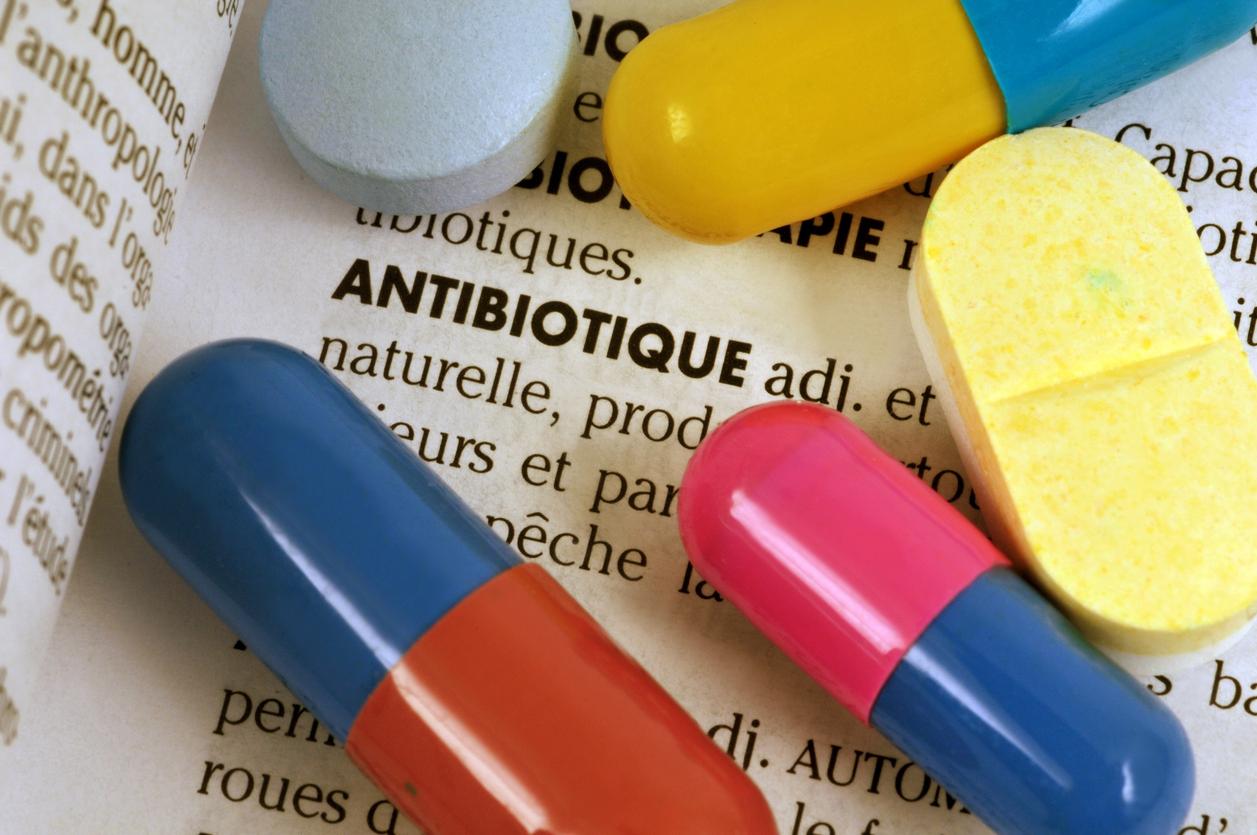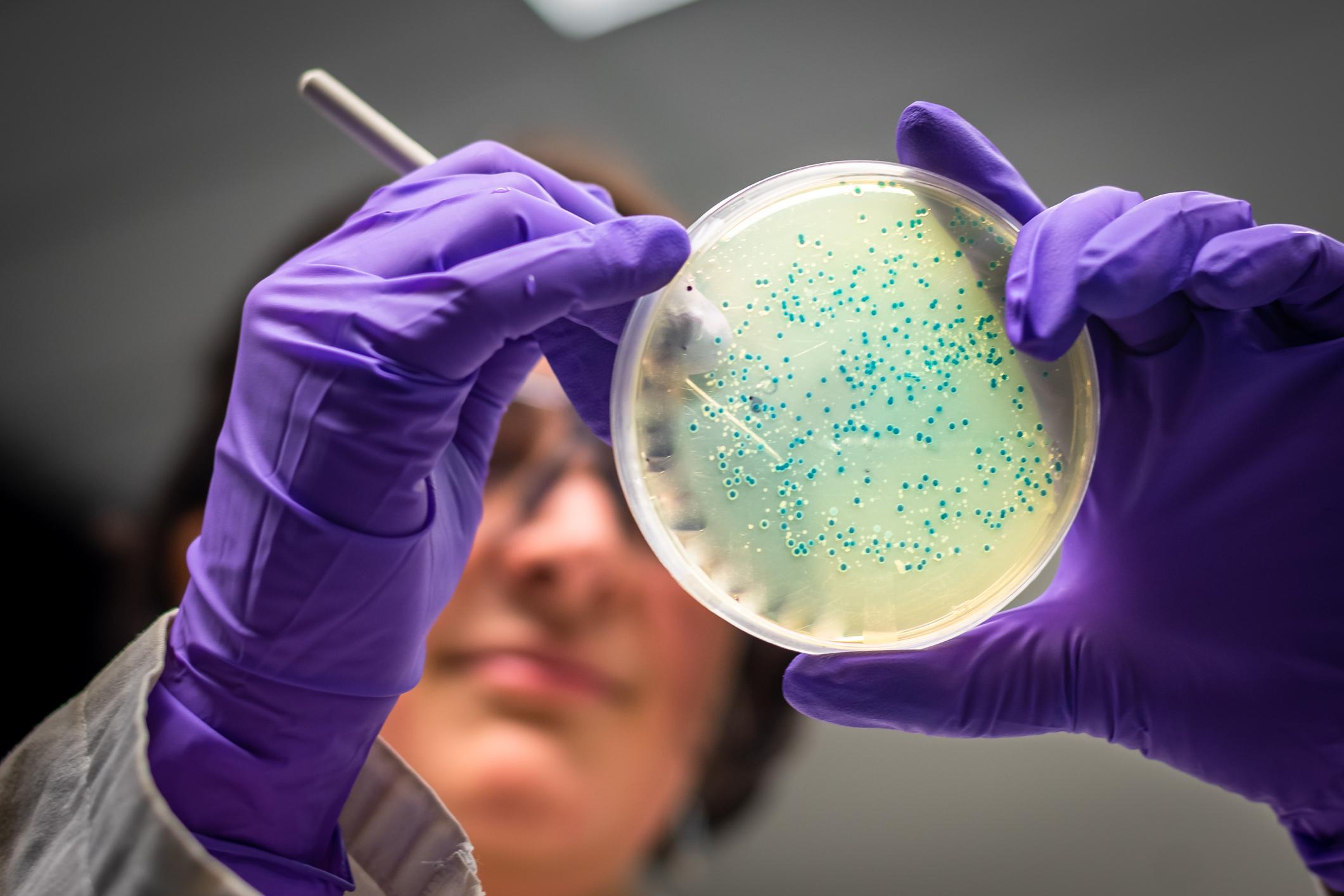The Directorate General of Health said Friday was very concerned about the increase in resistance to antibiotics. The killer bacteria in Nice, which caused 18 deaths, still continues to worry.

Resistance to antibiotics is of increasing concern to health authorities! And this time, the General Directorate of Health (DGS), which depends on the Ministry of Health, launches the alert. Indeed, its deputy director, Marie-Christine Favrot, said Friday “very concerned” by the progression of resistance to antibiotics. In remarks reported by the Agence Presse Mdéciale (APM), she said that all ministerial services were on “alert”.
Nice: the killer bacteria still worries
This manager was speaking during a day dedicated to innovation in antibiotic therapy and alternative strategies organized by the Alliance for Research and Innovation in Health Industries (Ariis), in Paris.
Marie-Christine Favrot notably mentioned the progression of the emergence of enterobacteriaceae producing carbapenemas among people returning from abroad, but also the “indigenous circulation” of these pathogens.
It thus stopped on the current epidemic in the Alpes-Maritimes. The Paca Regional Health Agency recently reported on this bacteriological contamination with multiresistant Klebsiella pneumoniae (OXA48) which affected patients at the Nice University Hospital and several health establishments in the region. “This epidemic is one of the largest known in France,” she said in a statement.
Currently, 79 patients would still be affected, recalled Marie-Christine Favrot. She considers that “this interregional and evolutionary episode, with a completely resistant germ is very worrying”, reports the APM.
The High Council of Public Health had already sounded the alert
So, to try to reduce the risk of possible therapeutic deadlock, the High Council of Public Health (HCSP) had already proposed solutions. The recommendations set out in its last report were based on a twofold strategy.
On the one hand, the HCSP advocated a reduction in the prescription of antibiotics. An important reminder while a study published in June by the Medicines Agency (Ansm) indicated that the consumption of antibiotics by the French had increased by nearly 3% over the past 5 years.
On the other hand, the High Council relied on enhanced prevention by focusing on people potentially carrying these bacteria highly resistant to emerging antibiotics (BHRe). But how ? “By considering any medical repatriation or any history of hospitalization abroad as potentially at risk. “
In addition, the HCSP recommended the establishment of an early warning system. Each health establishment in each region will have to equip itself with a care system for these BHRe patients. This both for “proven cases” and for “people in contact. ”
The government should announce strong measures
Moreover, to complete this device, on Monday, the Minister of Social Affairs and Health, Marisol Touraine, and the Minister of Agriculture, Agri-food and Forestry, Stéphane Le Foll, will “announce strong measures », Said the vice-president of the DGS. While waiting for these announcements, she expressed her wish to see the development of rapid diagnostic tests made available to health professionals in order to optimize the prescriptions of antibiotics.
Lastly, the Management voted in favor of relaxing the regulations allowing the marketing of new antibiotics. Certain drug companies, present during this day, admittedly confided their difficulty in investing in niche drugs because of regulatory constraints which hamper innovation.
.
















